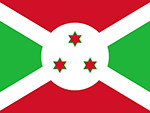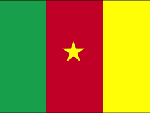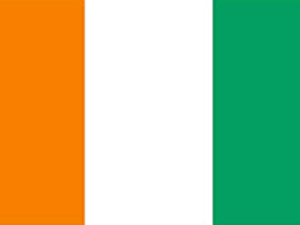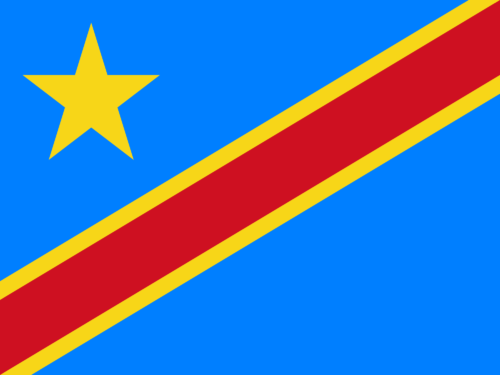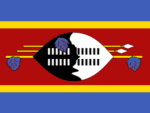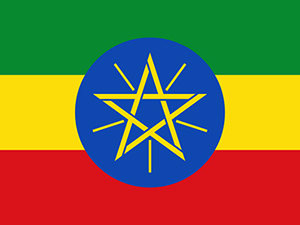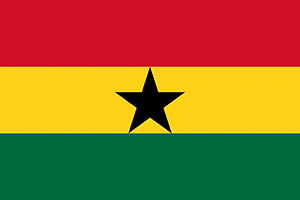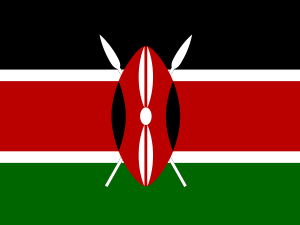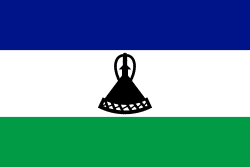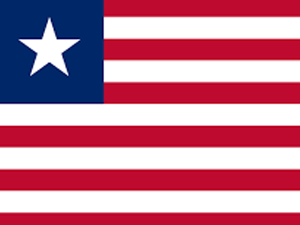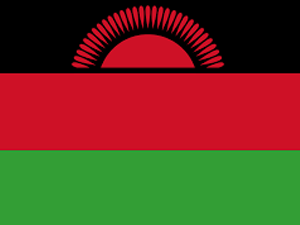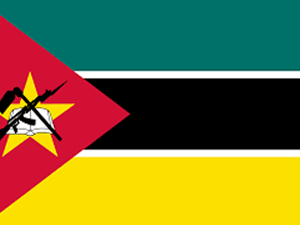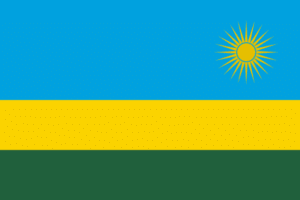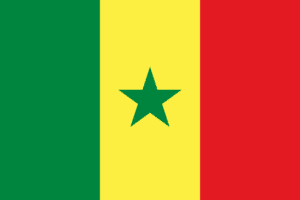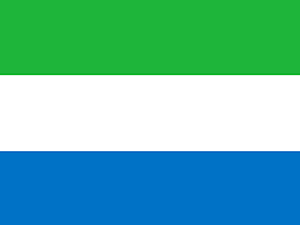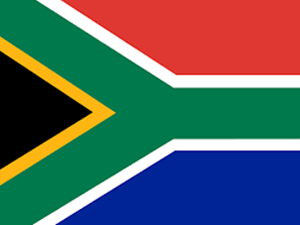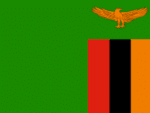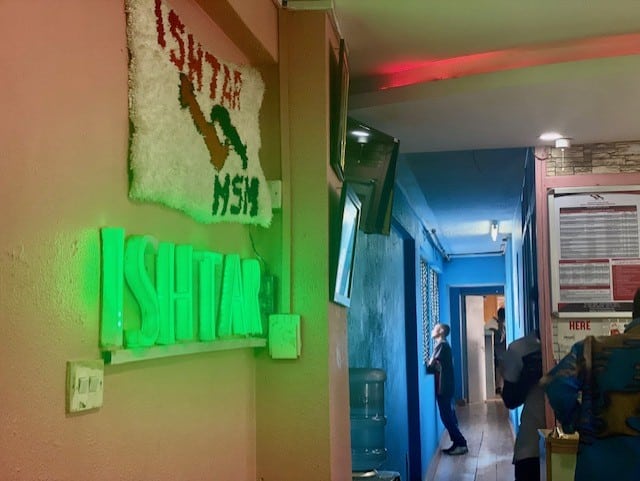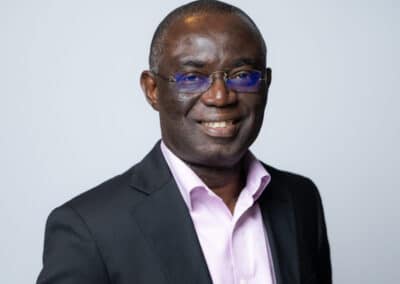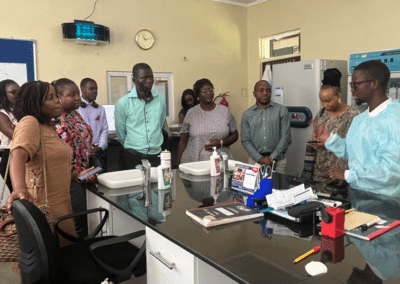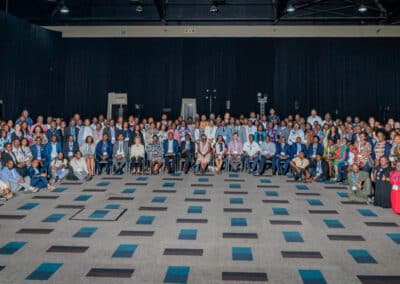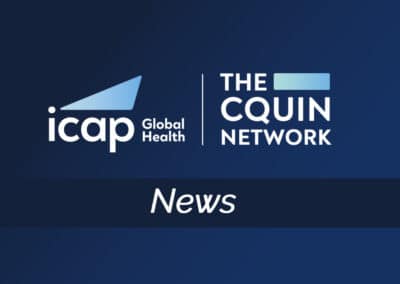From the first floor of a building on the outskirts of Nairobi’s industrial area, over 7000 gay, bisexual, and other men who have sex with men (MSM) access health services at ISHTAR. Melvin*, a 24-year-old, has visited ISHTAR for regular medical checkups, including HIV and STI testing, general health screening, and psychosocial support for over two years. “A friend invited me to an event here, and through that, I learned about other services. I just felt a sense of community.” Since then, Melvin has become one of ISHTAR’s 179 peer educators, who each provide wellness education, counseling, psychosocial support, and mentorship to a cohort of 50 men.
Demand generation for the ISHTAR Wellness Clinic starts at the community level, where peer educators are joined by other organizations, including religious groups, schools and colleges, media, government, corporations, and social media, to create awareness about the community-based organization’s services.
ISHTAR offers MSM a wide range of services, including behavioral interventions such as health education, risk assessment for HIV and sexually transmitted infections (STIs), counseling, condom use, and more. After the initial assessment, education, and psychosocial support, MSM are offered biomedical interventions, starting with HIV testing and counseling services and STI testing. Men who test negative for HIV are offered pre-exposure prophylaxis (PrEP), and those who test positive for HIV are provided antiretroviral therapy (ART), both of which are supported by the Global Fund and distributed through the Kenya Ministry of Health. ISHTAR has 365 recipients of care who get medicines from the organization.
For those who need it, ISHTAR also offers structural interventions, including vocational training, financial advice, legal services, and other interventions. ISHTAR developed the tools used to cater to MSM in collaboration with and with approval from NASCOP to fit the community’s needs. Through the clinic, ISHTAR is also able to collect program data, which they share with NASCOP through the Nairobi County government, and funders and implementing partners. ISHTAR uses its data to make programmatic decisions that continuously improve and refine services for MSM.
Providing a sense of community and giving status-neutral stigma-free services tailored to the needs of MSM is what ISHTAR has been advocating for since its inception in 2003. However, with the increase in client flow, this space is starting to feel small. “We are trying to take services to different spaces by opening satellite offices because it is getting difficult to maintain 7000 clients from this office. Hopefully, the introduction and uptake of self-testing will help ease some of the pressure,” said Walimbwa.
ISHTAR is a member of Kenya’s MSM HIV Prevention Network, an organization of 14 members that empower each other and promote cross-learning among their MSM programs.
*Melvin’s real name has been changed for the sake of privacy.


